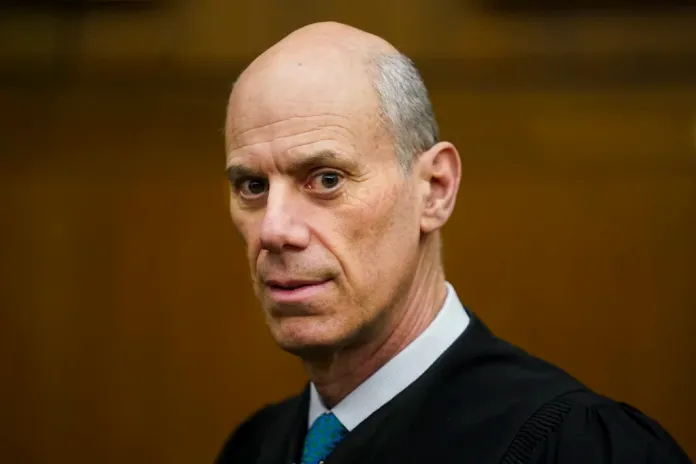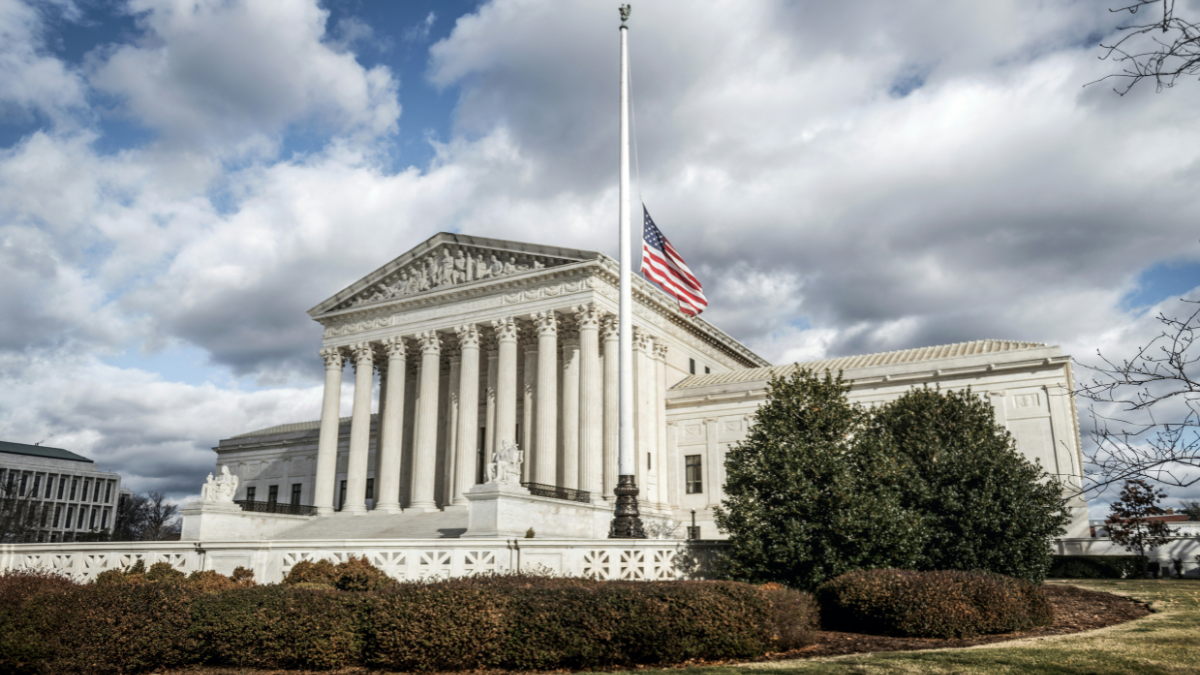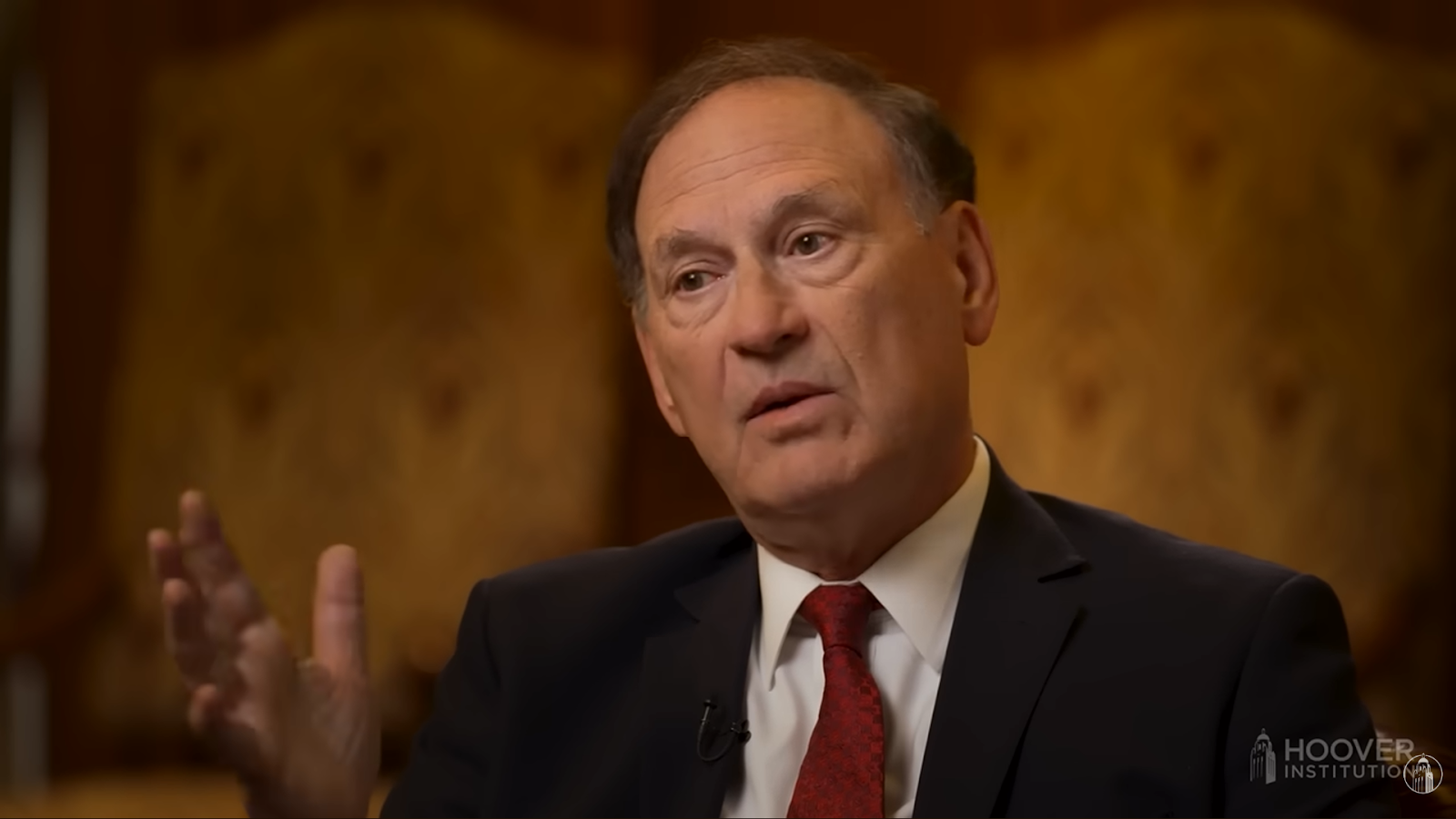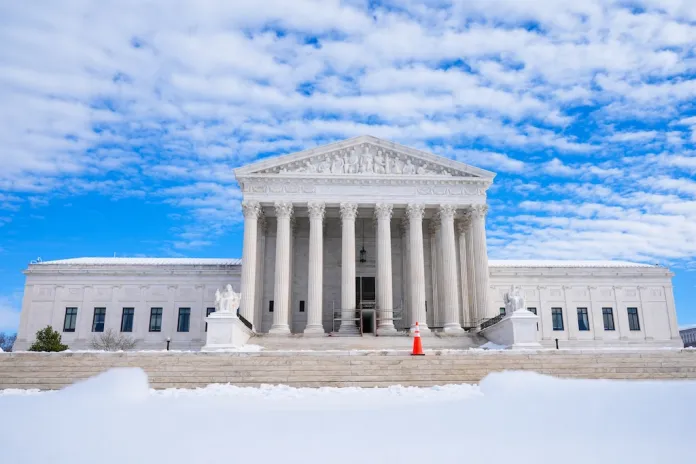WI Supreme Court Justice Won’t Recuse After Mocking Defendant
Wisconsin Supreme Court Justice Rebecca Dallet has refused to recuse herself from a case involving former Justice Michael Gableman,despite previously criticizing him publicly. Gableman faces potential suspension of his law license over alleged ethics violations related to his investigation of the 2020 presidential election in Wisconsin. Another justice,Susan Crawford,agreed to recuse herself due to biased statements,but Dallet maintains she can judge impartially despite her history of attacks on Gableman. This refusal raises concerns about judicial impartiality, especially given the court’s delicate ideological balance. Gableman’s election integrity concerns have gained support from evidence of voter registration irregularities in Wisconsin. The efforts to disbar Gableman are seen as part of a broader pattern of politicized attacks on conservative lawyers across the U.S. Critics argue that judges and bar associations are weaponizing ethics processes against those pursuing controversial investigations, undermining trust in the judicial system.
Wisconsin Supreme Court Justice Rebecca Dallet has denied a motion to recuse herself from a case after openly criticizing the defendant, former Wisconsin Supreme Court Justice Michael Gableman. She is now slated to rule on whether Gableman should have his law license suspended. Gableman has been attacked for his aid in investigating concerns about the integrity of the 2020 presidential election.
Dallet is part of a growing movement of judges becoming more vocal about their partisan beliefs. Especially on the campaign trail, they promote not their impartiality but their political agendas. The courts are not meant to be benches of activists. For judges to avoid recusal issues, they need to maintain their impartiality and integrity.
In early October, Gableman submitted a request to have two sitting justices removed from presiding over his case. He showed they each had a history of making biased statements that might affect the outcome of the court’s decision. One, Justice Susan Crawford, who had reportedly accused him of being a “disgraced election conspiracy theorist,” agreed to recuse herself because she had personal knowledge of the case that would prevent her from proceeding in unbiased decision-making.
The other, Justice Rebecca Dallet, has refused to remove herself from the case. This is alarming because Dallet has a history of openly attacking Gableman, including during her election campaign, when she said Gableman “ran one of the most unethical campaigns in our state’s history,” and that he “was a rubber stamp for his political allies.”
Dallet has argued that her previous statements about Gableman being corrupt are irrelevant because they were made between 2008 and 2018 — but the dates don’t matter, only her record of attacks on her perceived political opponent. Dallet has repeatedly shown she’s biased against Gableman. Her record of attacks indicates she is unfit to rule on his law license.
For the courts to maintain their dignity, they must not have any semblance of bias. Judges are required to recuse themselves from cases if there is any reasonable public doubt about their partiality. Crawford’s recusal was right and proper. Dallet refusing to do the same would be an abuse of power against someone she clearly once viewed as a political enemy — and may still. Further, Dallet’s unwillingness to recuse leaves a precarious 3-3 split between liberals and conservatives.
Gableman’s law license hangs in the balance over accusations of ethics violations, stemming from his investigation into Wisconsin’s 2020 election. In 2021, he was hired by the leader of the Wisconsin Assembly to investigate allegations of voter fraud as the head of a new Office of Special Counsel.
Gableman’s concerns about the 2020 election have been vindicated as evidence has arisen. For instance, according to the MacIver Institute, “Between January 1, 2020, and November 3, 2020, 33,473 deceased individuals matched records in the state voter system and were identified,” and the response from local clerks “seems to suggest again that state law is being ignored” and “raises all sorts of questions about the competency of the WEC staff and the local clerks.”
WEC also reportedly violated state laws by not requiring many newly registered voters to electronically sign their forms or provide proof of a valid driver’s license. Early absentee voting accounted for almost 60 percent of all ballots cast in the state’s 2020 election. Despite this, the city of Madison refused auditors the ability to physically review their absentee ballots. In a sampling of absentee ballots reviewed by statewide auditors, about 7 percent lacked the full witness address mandated by law.
Gableman’s investigation into Wisconsin’s discrepancies received pushback from elected officials on both ends of the political spectrum. Many news outlets targeted both him and Trump for their inquiries — but they’re far from the only two targets of left-wing lawfare.
The effort to strip Gableman of his law license is part of a larger weaponization campaign against conservative lawyers. The left-leaning Montana Supreme Court, for example, has waged a war against conservative Attorney General Austin Knudsen’s law license, pelting him with bogus ethics charges and even seeking to suspend his law license during his reelection battle. Democrats in Indiana likewise weaponized attorney discipline to go after Attorney General Todd Rokita’s law license on trumped-up ethics charges. The California State Bar and other left-wing groups’ crusade to disbar legal scholar John Eastman over his post-2020 election work is well-documented — and these are just a few of many such cases.
Bar associations and the courts have been weaponized against Americans who have tried desperately to seek out the truth. This is apparent in the Wisconsin Supreme Court. If Justice Dallet won’t submit to the impartial law, there can be no faith in the judicial system.
Brooke Brandtjen is a writer and journalist from Wisconsin who focuses primarily on culture, politics, and religion. She is extremely passionate about the arts and history, and is honored to write for a variety of distinguished publications.
" Conservative News Daily does not always share or support the views and opinions expressed here; they are just those of the writer."




